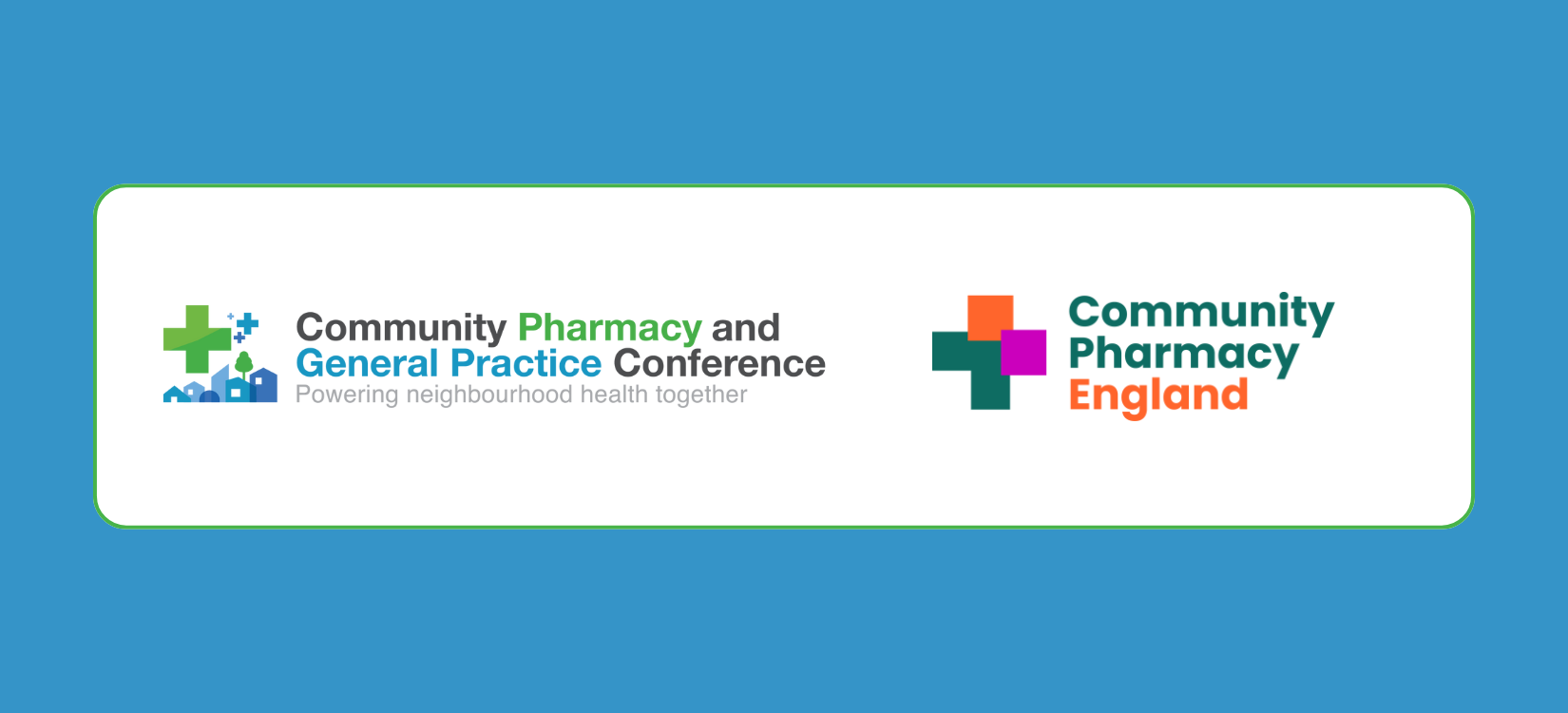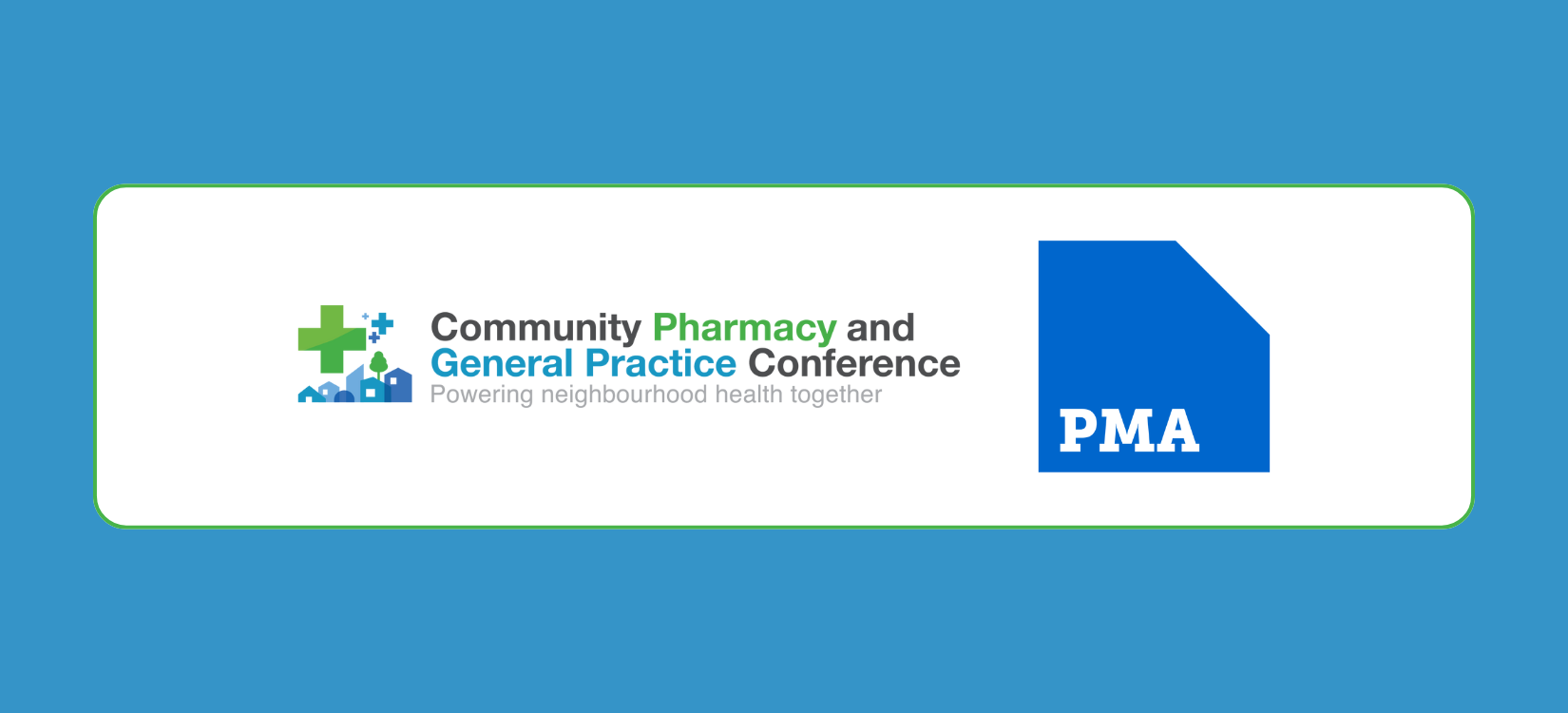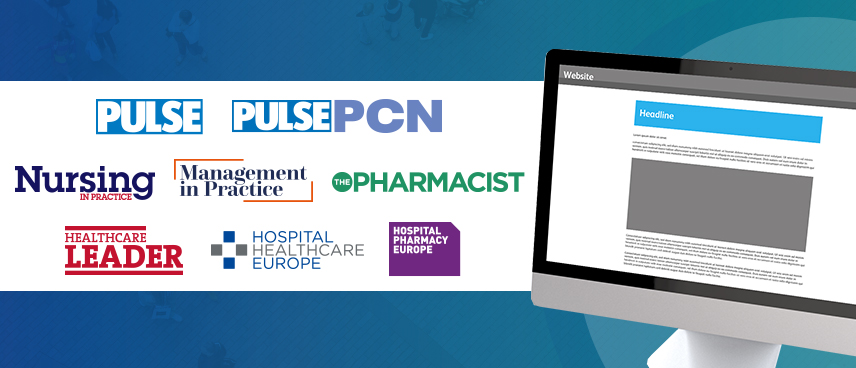On Friday 5 December, the General Practice Awards 2025 were held at the Novotel London West, hosted by comedian Suzi Ruffell.
The General Practice Awards 2025 welcomed over 670 guests from across primary care and the community, as well as healthcare industry representatives, for a fantastic night celebrating the very best in patient care and innovation. The event highlighted the commitment, dedication, and passion of teams and individuals working across the UK.
Director of Content and Editorial at Cogora, Gemma Collins, gave the opening presentation:
‘I know that all of you here tonight are passionate about the NHS and ensuring that it evolves for the better.
You’re working against a backdrop of major changes happening in healthcare particularly with the current drive towards a neighbourhood health service next year, which may be causing some trepidations as to what 2026 will bring.
One area of the 10-year-NHS plan to move analogue to digital certainly got into full swing on October 1st. Practices are now required to ensure patients can submit online requests from 8am until 6.30pm every day. There are understandable concerns to this, around patient safety and the increased demand on staff to deliver this.
But of course, like always you’re still committed to this change, with improving patient care always at the forefront of everything that you do’.
Without further ado, here are the General Practice Awards 2025 winners:
Practice Manager of the Year – WINNER: Caitlin Clarke, Business Manager, Castle Partnership & Managing Partner, Fleggburgh Surgery
Sponsored by General Practice Solutions
Caitlin Clarke is an exceptional Business Manager whose vision, leadership, and compassion have helped shape the future of primary care across Central Norwich. She leads with both heart and strategy – championing innovation, inclusion, and collaboration at every level. Caitlin is not only transforming how care is delivered but also how people feel within the system.
General Practitioner of the Year – WINNER: Dr. Ishi Bains, Tower Hamlets GP care group
Sponsored by Exeltis
Dr. Bains has made exceptional contributions to patient care and healthcare system transformation. As a leader in women’s health, she has improved access, reduced waiting times, and enhanced continuity of care through the creation of an integrated women’s health hub in Tower Hamlets, streamlining pathways and delivering timely, holistic care for women.
Telecoms Provider of the Year – WINNER: Think Healthcare
Think Healthcare’s entry focused on building close relationships with the practices they work with to find the best bespoke solution which would integrate into existing workflows, saving both patients and staff time.
Clinical Improvement Award: Mental Health – WINNER: Leigh PCN Mental Wellbeing Support
Leigh PCN partnered with local charity Compassion in Action to pilot a new pathway supporting patients with mental health difficulties. Having started in Leigh, the project has since expanded to cover the whole of the Wigan Borough with Leigh PCN continuing to provide GP input.
Clinical Improvement Award: Long Term Conditions – WINNER: A Cardio-Renal-Metabolic Quality Improvement Programme, Widnes
A cardio-renal-metabolic programme in Widnes puts the ‘patient voice’ at the heart of service redesign, bringing care closer to home. Widnes Primary Care Network (PCN) used real world data to address the needs of their patients with real-world data to address the needs of patients with complex comorbidities and to complex comorbidities and harness the MDT in response to patient feedback.
Clinical Improvement Award: Public Health & Prevention – WINNER: Sefton Mobile Cervical Screening Partnership
South Sefton PCN and Southport & Formby PCN teamed up with Cheshire and Wirral Partnership and NHS England North West to reach women overdue for smear tests, working tirelessly to increase screening uptake and make care more accessible by taking screenings into community settings.
Digital Innovation Award – WINNER: Modality Partnership
Sponsored by X-on Health
Modality Partnership transformed their consultations, harnessing AI to transcribe and structure clinical conversations. This has freed up clinical time and reduced the burden on staff as well as improving the quality of documentation and speeding up referrals.
Digital Solutions Provider of the Year – WINNER: Healthtech-1
Healthtech-1 have streamlined the GP registration process, supporting proactive healthcare, signposting patients to referral services immediately, rather than reactively post appointment. Based in a GP practice, they’re already working hard on the next set of automations, designed around their experience of working at the front door of the NHS.
Receptionist/Reception Team of the Year – WINNER: Maxine Paget, The Lodge Health Partnership
Sponsored by General Practice Solutions
Maxine has shown outstanding leadership and calm under pressure, driving improvements across the Surgery—from empowering the reception team and reducing DNA rates to enhancing the patient journey through total triage. Her exceptional communication skills and dedication mean she consistently goes the extra mile, earning frequent praise from both colleagues and patients.
PCN of the Year – WINNER: Kentish Town South PCN, London
Sponsored by medi2data
Kentish Town South PCN uses a data-driven approach to improve outcomes and tackle health inequalities. Projects include the Complete Care Communities Programme and an in-house arts and health charity. The PCN shares its learnings with both local authorities and guests from further afield including Singapore, Brazil and Egypt.
Nurse/Nursing Team of the Year Award – WINNER: Dr Jennifer Loke, Park View Surgery East Riding of Yorkshire
Jennifer has made exceptional contributions to patient care and general practice nursing excellence. As a Queen’s Nurse and champion of health equity, she transformed her practice through innovative initiatives including a Health/Well-being Patient Participation Group and Joint-Consultations.
Pharmacist/Pharmacy Team of the Year – WINNER: South Sefton PCN Medicines Management Team
The Medicines Management Hub is making a real difference in primary care by easing workloads and improving patient access to treatment. The Hub provides a supportive environment for mentoring and developing future pharmacy professionals, including trainee pharmacists and undergraduate students.
Pharmacy Solutions Provider – WINNER: Virtual Pharmacist
In February 2025, Virtual Pharmacist launched clinical hub operations for a Primary Care Network as part of a groundbreaking NHS pilot, bringing at-scale, remote pharmacist support to life. Their dedicated approach, fully integrated into each practice’s workflow, led to a dramatic increase in clinical tasks, medication reviews, and letters processed in just three months
Extended Practice Team Member of the Year – WINNER: Carrieann Kirkup Carlisle Rural PCN
Carrieann is committed to tackling health inequalities for patients with persistent pain. Many rely long-term opioids, often with limited alternatives, while long waits for secondary care worsen access. Carrieann is determined to make a meaningful impact in primary care.
Legal Services Provider – WINNER: MDDUS
MDDUS, the UK’s fastest-growing medical defence organisation over the past decade, represents around 65,000 members and handled 7,274 medical cases in 2023. Its 40-strong legal team—comprising lawyers, solicitors, and paralegals—supports healthcare professionals in clinical negligence claims, inquests, and GMC regulatory matters, with in-house medical advisers providing expert clinical insight and member support throughout each case.
Workforce Wellbeing Award – WINNER: Compass House Medical Centres
The Care Co-ordination Team has implemented a whiteboard system that empowers staff to assign daily roles themselves, fostering autonomy, collaboration, and flexibility. They also track positive patient interactions to celebrate the good in each day and have redesigned the phone rota to reduce fatigue while giving staff more influence over task planning.
Sustainability In Practice Award – WINNER: Kineton and Tysoe Surgery South Warwickshire
Kineton and Tysoe Surgery is a rural dispensing practice that has made sustainability central to its operations. By adopting digital solutions and redesigning access models, they reduce waste, minimize unnecessary travel, and enhance long-term care for a population with diverse access needs.
Future Leader In General Practice – WINNER: Dr Zoyah Hussain Health Inequalities Champion GP
Zoyah has led on some brilliant community and outreach work with families and children who often miss out on public health interventions. As well as doing a fantastic job of engaging these patients and ensuring our service is able to respond to their needs, Zoyah’s work has led to measurable improvements in vaccination rates in our population.
Recruitment or Staffing Agency of the Year – WINNER: NASGP
The NASGP is the only national membership organisation championing sessional and portfolio GPs and clinicians, all united by their NHS social heart. They engaged 96 main and branch GP practices and 83 local sessional GPs, delivering an impressive average of 288 GP sessions per month.
Advancing Health Equity Award – WINNER: Little Lungs – Shaping Healthier Futures
Little Lungs – Shaping Healthier Futures is a pioneering, pharmacist-led initiative that has transformed asthma care for children and young people in some of England’s most deprived communities. Working closely with families, GPs, and Birmingham Children’s Hospital, it proactively identifies and supports high-risk children who often face barriers to specialist respiratory care.
AI-Powered Solutions Provider – WINNER: Heidi Health
Heidi Health the UK’s largest GP, partnerships with over 50 sites and 360 GPs. In 2024 they launched the biggest clinical deployment of ambient AI. The results speak for themselves – massive cuts in documentation time, huge boosts in work-life balance, and stronger patient connections than ever before
General Practice Team of the Year – WINNER: Modality East Surrey Medical Practice Team
Sponsored by General Practice Solutions
Modality East Surrey has achieved what many thought unachievable in today’s NHS – delivering timely, equitable access for all. Born from the merger of three independent surgeries, the team now serves over 38,000 patients with resilience, innovation, and a truly patient-centred approach.
We also had Highly Commended accolades for the following awards:
Extended Practice Team Member of the Year – HIGHLY COMMENDED: Lyndsay Steel, Lead General Practice Pharmacist, NHS Orkney
Clinical Improvement Award: Long Term Conditions – HIGHLY COMMENDED: Dr Sian-Lee Ewan, Reimaging Primary Care Delivery for Diabetes
Practice Manager of the Year – HIGHLY COMMENDED: Nicola Rice, Senior Practice Lead NPC Ponteland and Scott Ridley, Harefield Practice
Sustainability in Practice Award – HIGHLY COMMENDED: The Elms Medical Practice
Receptionist/Reception Team of the Year – HIGHLY COMMENDED: Central Medical Centre Reception Team
Congratulations to all our winners, as well as those shortlisted.
Coverage from the General Practice Awards 2025 continues to be published across our media brands, Pulse, Pulse PCN, Nursing in Practice, The Pharmacist, Management in Practice and Healthcare Leader.
The awards will be back in 2026 with new categories, a new host, and lots of opportunities for you and your team to shine!









